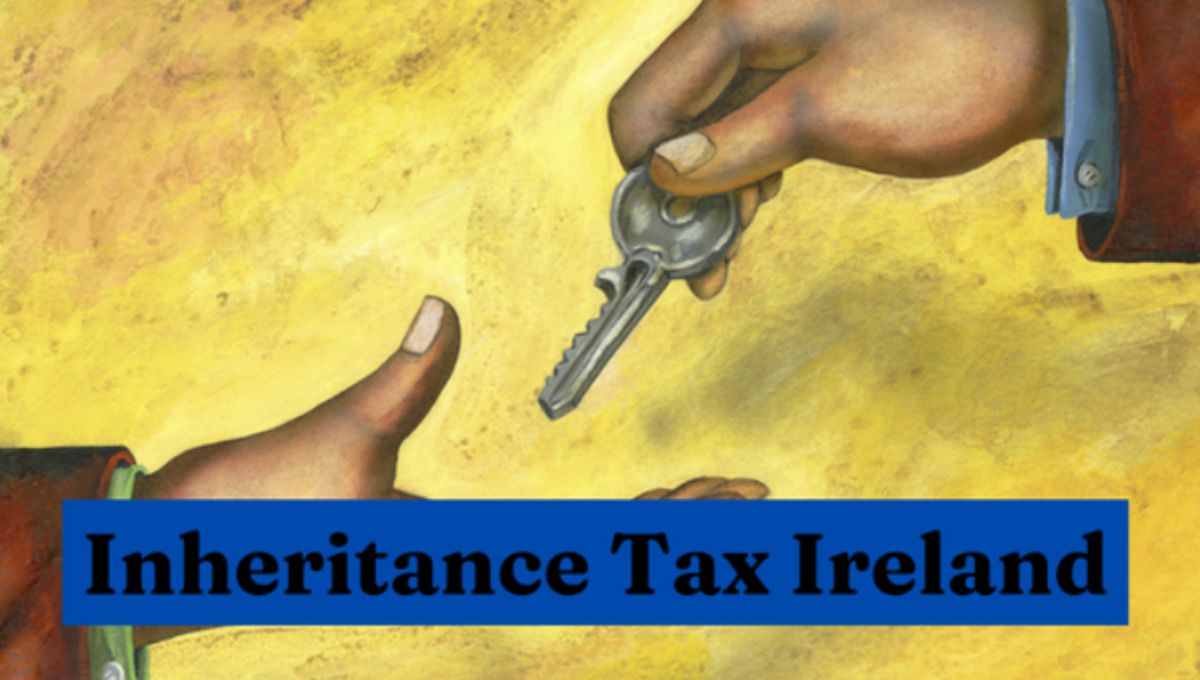Inheritance Tax Ireland – The Inheritance Tax refers to the taxes that must be paid on a deceased person’s estate. The Estate is comprised of many assets, including money, property, goods, and pensions, depending on the total value of the estate. Receipts can accept gifts improved up to a lifetime value before paying Capital Acquisition Tax. The receiver is responsible for paying the Inheritance Tax Ireland, which applies to all Irish properties. Capital Acquisitions are also payable through the Irish on their property outside of Ireland, and individuals receive or give inheritances in Ireland for tax reasons.
What is the Seven-Year Rule?
The 7-year rule refers to when gifts and inheritances are considered for Capital Acquisitions Tax purposes. If an individual receives a gift and the person who left the bequest dies within seven years of giving the gift, the amount of the gift or inheritance is subject to CAT. The CAT is determined by both the relationship between the parties and the value of the item received. The fortune tax in Ireland is determined by the relationship between the individual donating the gift or leaving their fortune. In addition, several criteria determine the rate that applies to the relationship between the receivers and the value of the gift.
How Much Is Inheritance Tax in Ireland?
The usual rate for Inheritance Tax in Ireland is 33%, with an exemption based on the link between the inheritance beneficiary and the individual inheriting. For the year 2024, the rates for thresholds for tax on gifts and inheritances in Ireland are as follows:
- Group A: This category mainly pertains to gifts and inheritances made by parents to their children that do not exceed 335K pounds.
- Group B: This group primarily applies to gifts and inheritance from nieces, siblings, grandchildren, and nephews under the 32.5K level.
- Group C: This example refers to chases weighing less than 16,250 pounds.
The Inheritance Tax Ireland is subject to change based on required revenue consultation with taxes. These criteria are tax-free and apply to the recipients based on their circumstances. The amount of taxation owed is determined by the relationship between the disponer and the recipients, and all tax rates exceed the 33% level.
